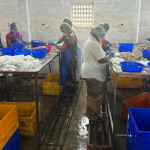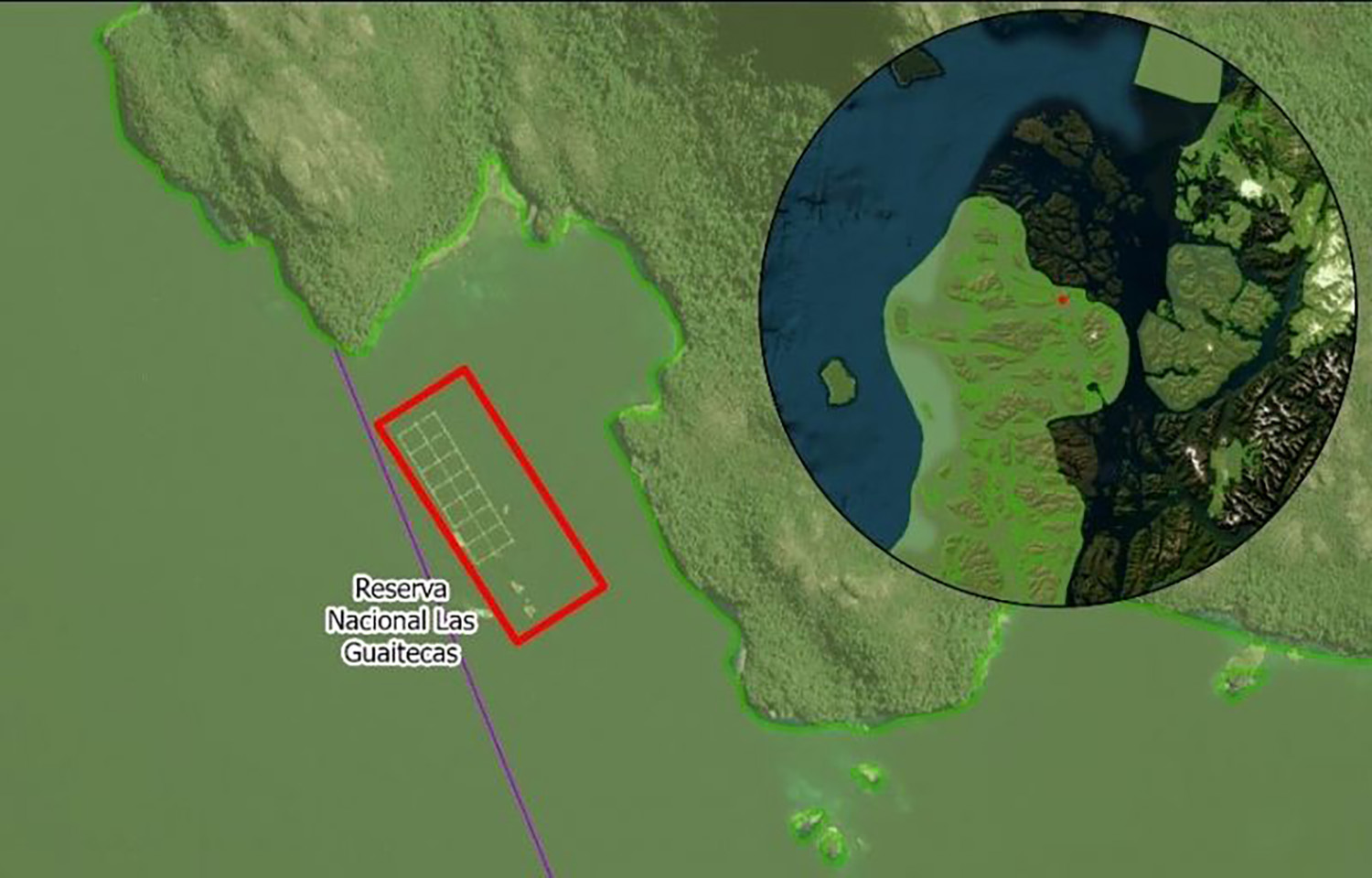Chile’s Superintendence of the Environment (SMA) has filed charges against salmon-farming firm Multi X for overproduction at its Cholga production center, located in the Las Guaitecas National Reserve in the southern Aysén region of the country.
After receiving information from the country’s fishing authority – Sernapesca – the SMA carried out an evaluation of production at Multi X’s Cholga center during the 2014-2015, 2016-2017, 2018-2019, 2020-2021, and 2022-2023 production cycles and found that the center exceeded maximum authorized production in each of the cycles analyzed. It also proved the existence of anaerobic conditions during all cycles.
The infringement was classified as extremely serious because it was a repeat offense that caused environmental damage in a protected wildlife area, SMA said, resulting in potential fines for Multi X up to CLP 7.89 billion (USD 8.3 million, EUR 7.7 million), the revocation of environmental licenses, or operational closure.
These charges mark the second such move by the environmental watchdog organization since environmental NGO Fundación Terram announced in an investigative report that nine Chilean salmon-farming firms had racked up 95 cases of overproduction in the country’s natural reserves from 2012 to 2023, harvesting more than 67,000 metric tons of salmon above their authorized limits. At the time of the report’s release, none of the cases mentioned had received punishment from SMA.
Following the report, the SMA initiated a sanctioning procedure against Blumar in May for alleged overproduction at one of its grow-out centers in the Kawésqar National Reserve.
In this more recent case against Multi X, other complainants – apart from Fundación Terram – included the Committee for the Defense of Fauna and Flora (CODEFF) Aysén, the Union of Independent Artisanal Fishermen, and the Nuevo Amanecer Shellfish Divers and Seaweed Collectors, SMA reported in a release. These organizations denounced anaerobic conditions in some conducted samplings, as well as production beyond the maximum amount authorized by Multi X’s environmental permits.
SMA head Marie Claude Plumer said in a release that the Multi X case is of particular relevance as it took place in a protected area, and she called on salmon farm owners to always comply with environmental regulations under the conditions with which they are authorized to operate.
“It is imperative and part of the rules of the game for all those who develop economic activities,” she said. “The supervision of the aquaculture sector is an issue that has been strengthened in the superintendence in recent years through different actions and strategies. Since October 2023, we have been implementing a system to monitor salmon grow-out centers’ production cycles with the aim of preventively informing industry owners about their estimated production in relation to the maximum authorized in their Environmental Qualification Resolutions. With these reports, the owners are alerted to how their production level is advancing as allowed in their environmental permit so that they can adjust accordingly.”
Following the formulation of charges, Multi X is required to submit a compliance program and formulate its defense.








